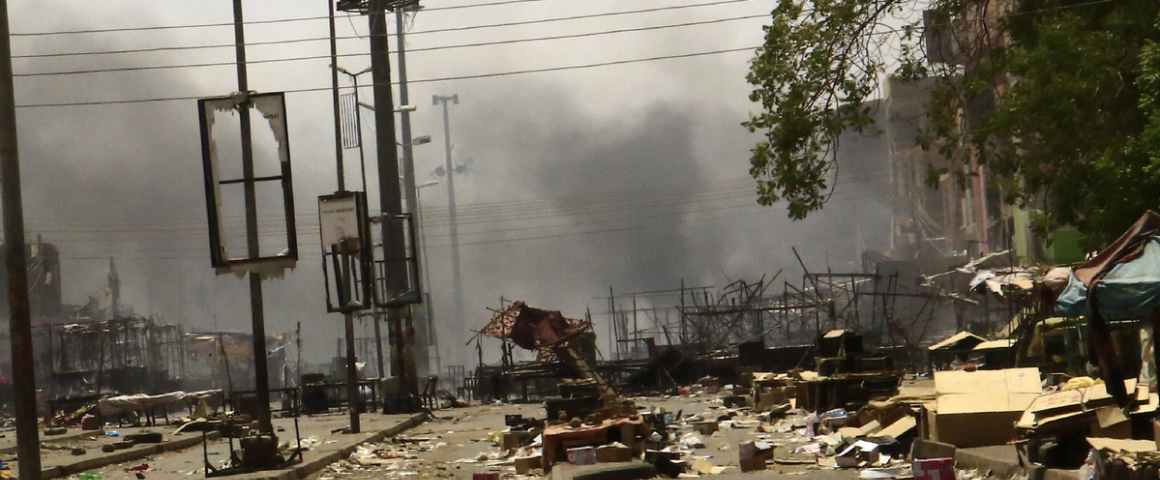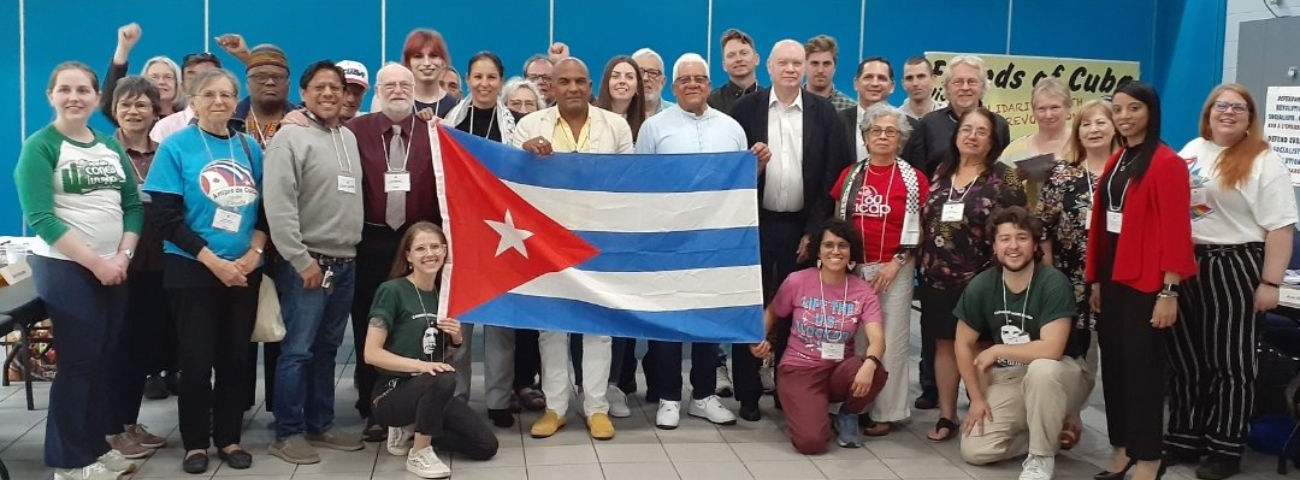By Payam Solhtalab
As we reach the third month since the beginning of fighting in Sudan, with little by way of meaningful action by the international community to bring this disastrous conflict to a close and thereby avert a potential humanitarian catastrophe, the country now teeters precariously on the precipice of an all-out civil war.
This bodes ominously not just for Sudan and its people, but for the surrounding countries in an already hugely unstable wider region.
In the nearly 18 months that followed the military coup on October 25, 2021 and the subsequent indefinite suspension of the process of transition back to democratic civilian rule (itself instituted in the wake of the popular uprising that brought an end to the 30-year dictatorship of Omar al-Bashir), two rival spheres of influence within the forces that had together comprised the ruling junta began to emerge and grow in distance from one another, each with their own power base and set of international backers.
The regular military forces under the command of General Abdel Fattah al-Burhan on the one hand, and the Rapid Support Forces (RSF), which encompasses the notorious Janjaweed militia (responsible for crimes against humanity in Darfur and elsewhere over the last 20 years) under the control of Burhan’s erstwhile deputy, General Mohammad Hamdan Dagalo (alias Hemedti), on the other.
The ensuing power struggle escalated into full-scale fighting between the two camps on April 15, 2023, with the RSF making a play for power and the military countering in a bid to decisively eradicate the RSF.
These were two absolute positions which, once committed to, have essentially meant there is now no going back for either belligerent, a situation which has manifested itself in heavy fighting and extreme levels of violence with an already beleaguered civilian population trapped in the crossfire.
The graveness of this situation has been compounded by the belligerent forces seemingly having no qualms over embedding themselves and taking up positions in densely populated areas.
As if the complete breakdown of any semblance of public infrastructure or service provision, extending to acute scarcity of food and lack of access to vital healthcare and medical treatment, were not enough, trapped and frightened residents are forced to face the daily perils of fierce battles raging on their doorstep, roaming soldiers and militiamen in the streets, and heavy bombardment from above.
Thus, on Saturday July 7, at least 22 people were killed when the Sudanese military carried out an air strike on a residential area of Omdurman occupied by the RSF – the highest death toll in a single attack since fighting broke out in April and an ominous sign of what might lie ahead should the current trajectory not be stopped.
Some reports place the death toll higher and describe significant damage to buildings and utilities in the packed neighbourhoods affected.
The RSF is believed to be embedded in many of the districts of the capital Khartoum, as well as its twin settlements of Omdurman and Bahri. The military, meanwhile, sees fit to use increasingly heavy weaponry to dislodge the militia from their positions, whatever the cost. Put simply: the people of Sudan have nowhere to run.
It was in this context that on May 25 the RSF cravenly ransacked the Khartoum offices of the Sudanese Communist Party (SCP) – one of the leading progressive forces in Sudan and a principal participant and mover in the popular uprising of 2019 and the push for transition to civilian democratic rule. The RSF looted its archives and property and illegally assumed control of the building as a war headquarters.
Nobody campaigning for peace or the restoration of the political transition to democracy is safe, and SCP cadres and others who courageously endeavour to continue the progressive struggle are forced to lay low.
As with all wars, events have disproportionately affected women, who are unable to access the means to an even basic existence for themselves and their families. They are secure neither at home nor in their neighbourhoods and are at risk of violence whether they stay put or attempt to flee.
It is against this desperate backdrop that international humanitarian and relief organizations, as well as human rights groups – including the UN, Save the Children and Amnesty International – have recently sounded the alarm over a huge spike in sexual violence being perpetrated against women and girls (some reportedly as young as 12) by armed combatants on both sides of the conflict.
At least one million Sudanese are estimated to have fled their homes, which has led to an explosion in the number of internally displaced people as well as those desperately seeking refuge in neighbouring countries.
This places significant pressures on state systems which were ill-equipped (if not wholly moribund) beforehand, not to mention massively upping the potential for destabilization and a spilling-over of the conflict into already volatile arenas where basic and tentative securities barely hold – including Chad, Eritrea, Ethiopia, the Central African Republic and of course South Sudan.
Egypt’s “solution” meanwhile, has been to make it more or less impossible for those fleeing to enter its territory.
Amid the manifold dimensions of this unfolding crisis, not least ethnic, the risk of this conflict escalating to one on another level entirely, drawing in actors and forces beyond Sudan’s frontiers, cannot be overstated.
The international response so far to the crisis unfolding in Sudan has been predictably dismal and haphazard.
Countries around the world have focused on evacuating their own citizens from Sudan, with little, if any, parallel pressure being brought to bear on the warring parties to end the fighting and come to the negotiating table, much less to honour the commitments made regarding the transition to civilian rule or the democratic rights of the Sudanese people.
Several ceasefires have been negotiated, but these have proved to be short-term lulls, with swift subsequent resumptions of heavy fighting.
Efforts to mediate a truce instigated by the likes of the US and Saudi Arabia – countries which have so far only evidenced a vested interest in keeping a government amenable to their iniquitous designs in place (regardless of its nature and over the heads of the Sudanese people) have invariably come to nothing.
Fierce bombardment resumes, the rule of the gun prevails on the streets of Sudan, and most of the Sudanese population continues to live through an unmitigated nightmare.
We join with the Sudanese Professionals Association and SPC in calling for an immediate end to the fighting and flagrant human rights violations currently being committed in Sudan – including the bombardment of residential neighbourhoods, and the targeting of hospitals and humanitarian facilities.
We demand accountability and the bringing to justice of all those responsible for this bloodshed as well as the perpetrators of crimes against humanity in Sudan. We call for an end to the propping up of these malign forces in Sudan by international and regional actors in pursuit of their own nefarious designs for the country.
We fully support the legitimate aspirations of the Sudanese people for peace, freedom, social justice, civilian government and democracy.
Morning Star
People’s Voice is committed to helping organize a solidarity campaign with the people of Sudan. To get involved, send us an email.
Get People’s Voice delivered to your door or inbox!
If you found this article useful, please consider subscribing to People’s Voice.
We are 100% reader-supported, with no corporate or government funding.




